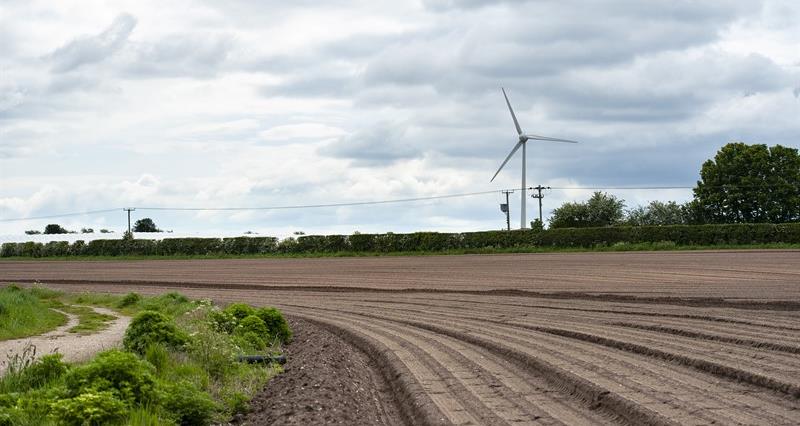The independent advisory CCC (Climate Change Committee) has recommended that the UK government should pledge to cut GHG (greenhouse gas) emissions to 81% below 1990 levels by 2035, in its next NDC (Nationally Determined Contribution).
NDCs are central to the 2015 international Paris Agreement and its goal to limit global warming to 1.5°C. They capture each country's efforts to reduce their emissions and adapt to the impact of climate change.
The advice is largely in line with expectations, after Energy Secretary Ed Milliband wrote to the CCC in August, asking for its guidance.
The government may try to re-establish UK leadership in worldwide climate action by announcing this goal at the upcoming COP29 climate summit next month. Other countries need to declare theirs by February 2025.
An 81% cut in GHG emissions by 2035 is in line with Britain’s other net-zero-aligned targets:
- the 2030 NDC (68%),
- the sixth carbon budget (77-78% over the period 2033-37),
- and the eventual net zero goal in 2050.
While the UK has met its carbon budgets so far, the rate of required emissions reductions increases towards 2030 and beyond, as a consequence of the tougher net zero target set in 2019.
Hot on the heels of COP29, the CCC will set the seventh carbon budget in February – expected to be around a 90% cut in net emissions across the economy.
Impact of progress in other sectors
The NFU believes that urgent progress on decarbonising other sectors such as transport and buildings is critically important for agriculture, as well as delivering against the potential of durable land-based GHG removals. Otherwise, pressure to cut GHGs from food production (e.g. reduced livestock numbers) will only intensify.
NFU chief renewable energy and climate change adviser Dr Jonathan Scurlock said: “The NFU will be setting out the case for food and farming, both domestically and internationally, at COP29 in Baku next month – where we will emphasise how agriculture can be a sink for GHG as well as a source.
“Durable land-based GHG removals will be critically important for agriculture in the future, to relieve the pressure and make further cuts to unavoidable GHGs from UK food production.”
